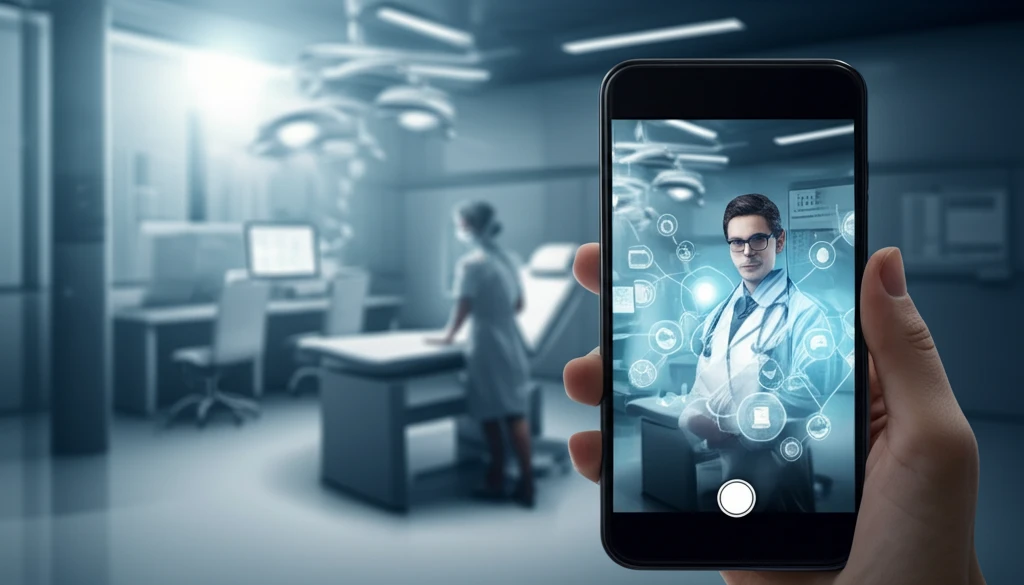
Are Your Doctor's Visits Being Recorded? What You Need to Know
"Navigating the ethical and legal considerations of recording medical consultations."
In an era defined by instant information and personal data capture, the dynamic between doctors and patients is undergoing a subtle yet significant shift. More individuals are choosing to record their medical consultations, armed with smartphones and a desire for a comprehensive understanding of their health. While this practice offers benefits, it also raises concerns among healthcare providers about privacy, trust, and legal implications.
A recent study from the Dartmouth Institute highlights this growing trend, revealing that approximately one in five patients has already recorded a clinical visit. What's even more striking is that over three in five express interest in doing so in the future. This surge in patient-initiated recordings is particularly prominent among men, younger individuals, and those who primarily speak languages other than English at home, indicating a diverse range of motivations and needs.
The reasons behind this increasing trend are multifaceted. Patients may seek to review complex medical information later, share details with family members, or simply ensure an accurate record of the discussion. However, the implications for doctors and the healthcare system are profound, touching on issues of consent, confidentiality, and the overall doctor-patient relationship.
Why Are Patients Recording Doctor's Visits?

According to study lead Paul Barr, a significant portion of health information—up to 80%—is forgotten by patients shortly after their clinic visit. Recording consultations offers a remedy, allowing patients to revisit details, understand treatment plans thoroughly, and adhere to medical advice more effectively.
- Improved Recall: Recordings help patients remember important details and instructions discussed during the appointment.
- Shared Understanding: Patients can share recordings with family members or caregivers, ensuring everyone is informed and aligned on treatment plans.
- Clarity and Accuracy: Recordings provide an accurate reference in case of misunderstandings or disputes about what was said.
- Empowerment: Recording can empower patients to take a more active role in their healthcare, leading to better health outcomes.
- Second Opinions: Recordings can be used when seeking second opinions from other healthcare professionals.
Navigating the Future of Recorded Doctor's Visits
The rise of patient-initiated recordings in healthcare is a trend that demands attention and proactive solutions. As clinicians and patients navigate this evolving landscape, it is crucial to establish clear policies, foster open communication, and prioritize mutual respect. By doing so, we can harness the benefits of recording while safeguarding the integrity and trust that underpin the doctor-patient relationship.
